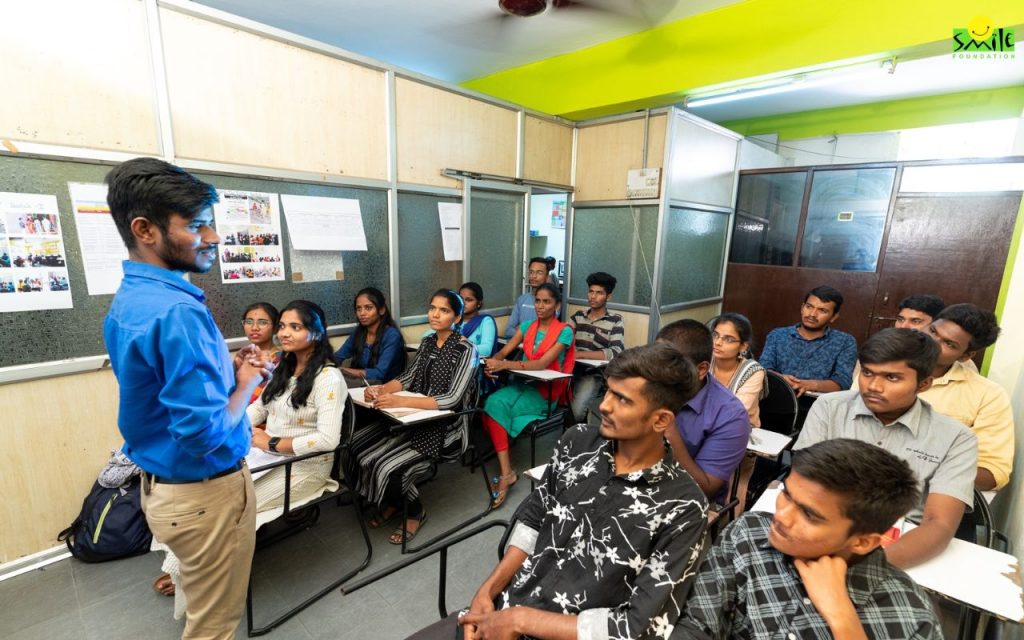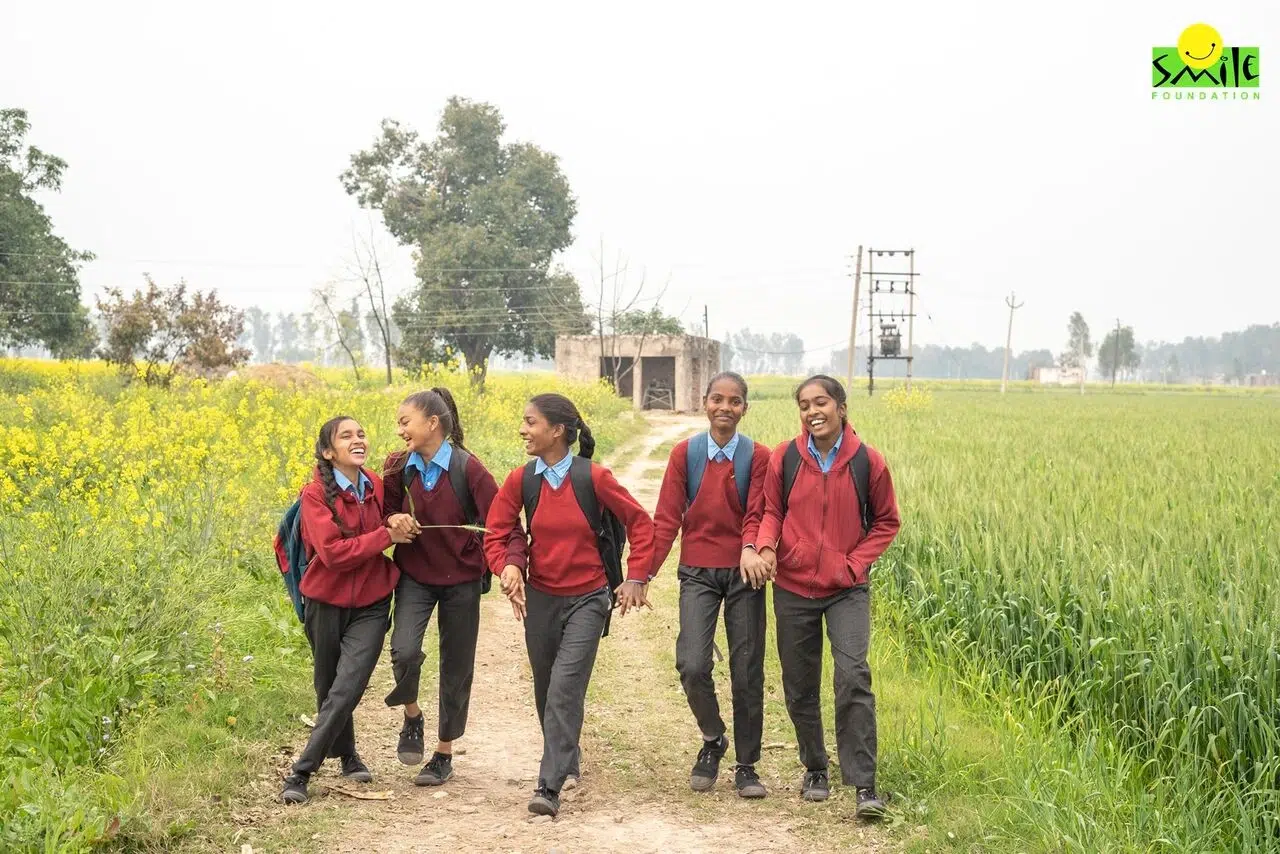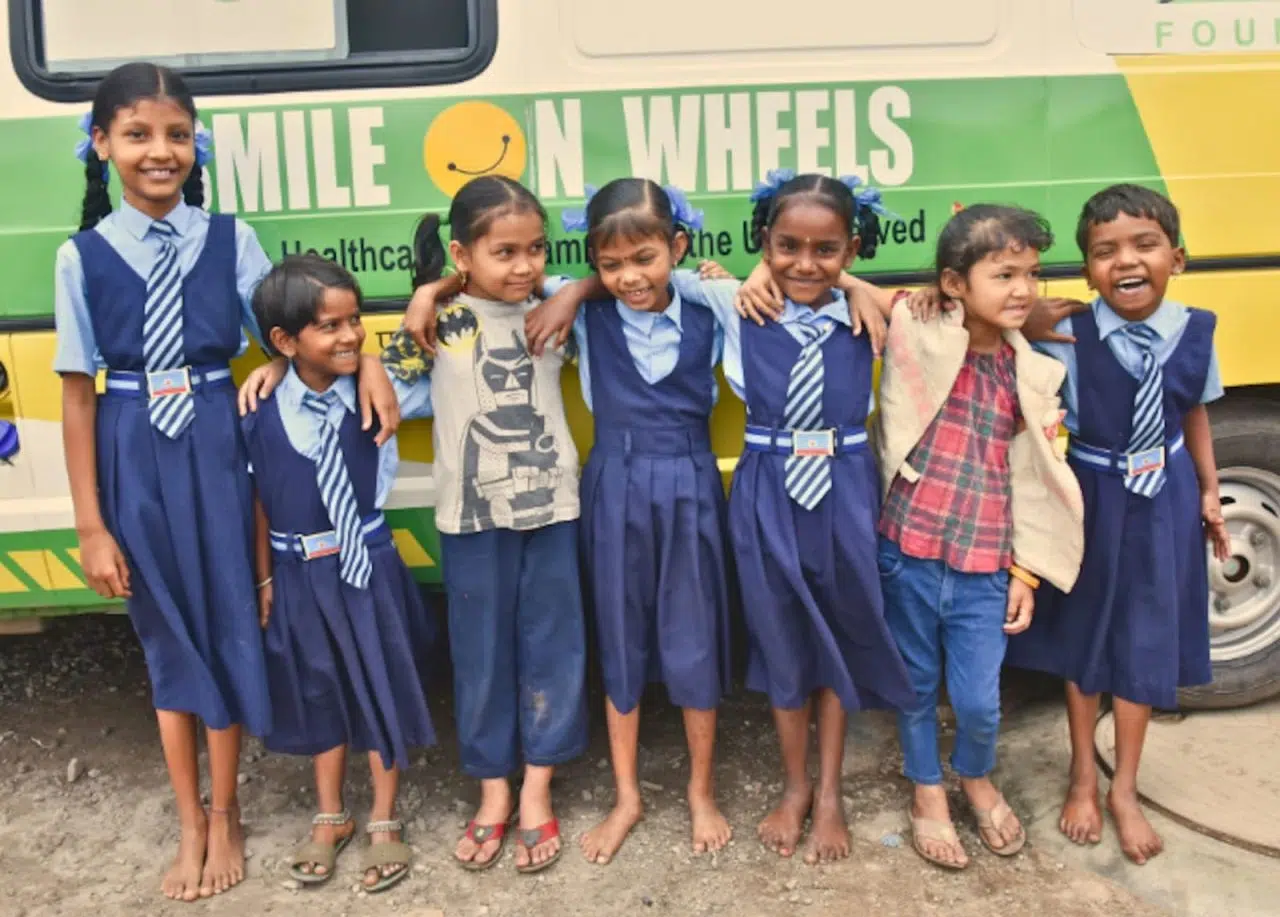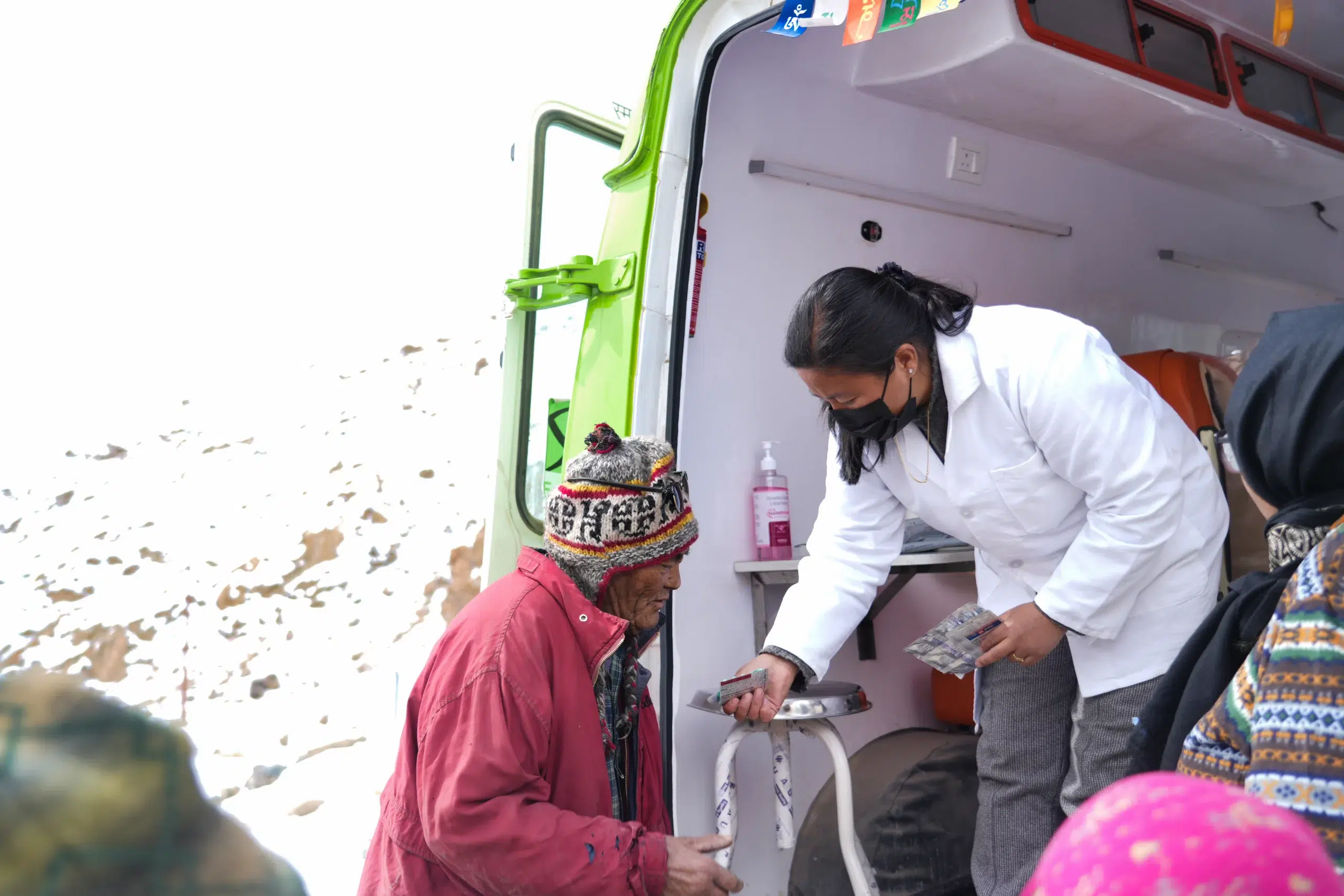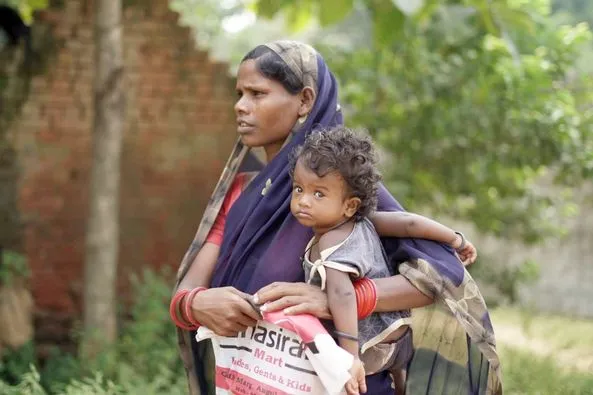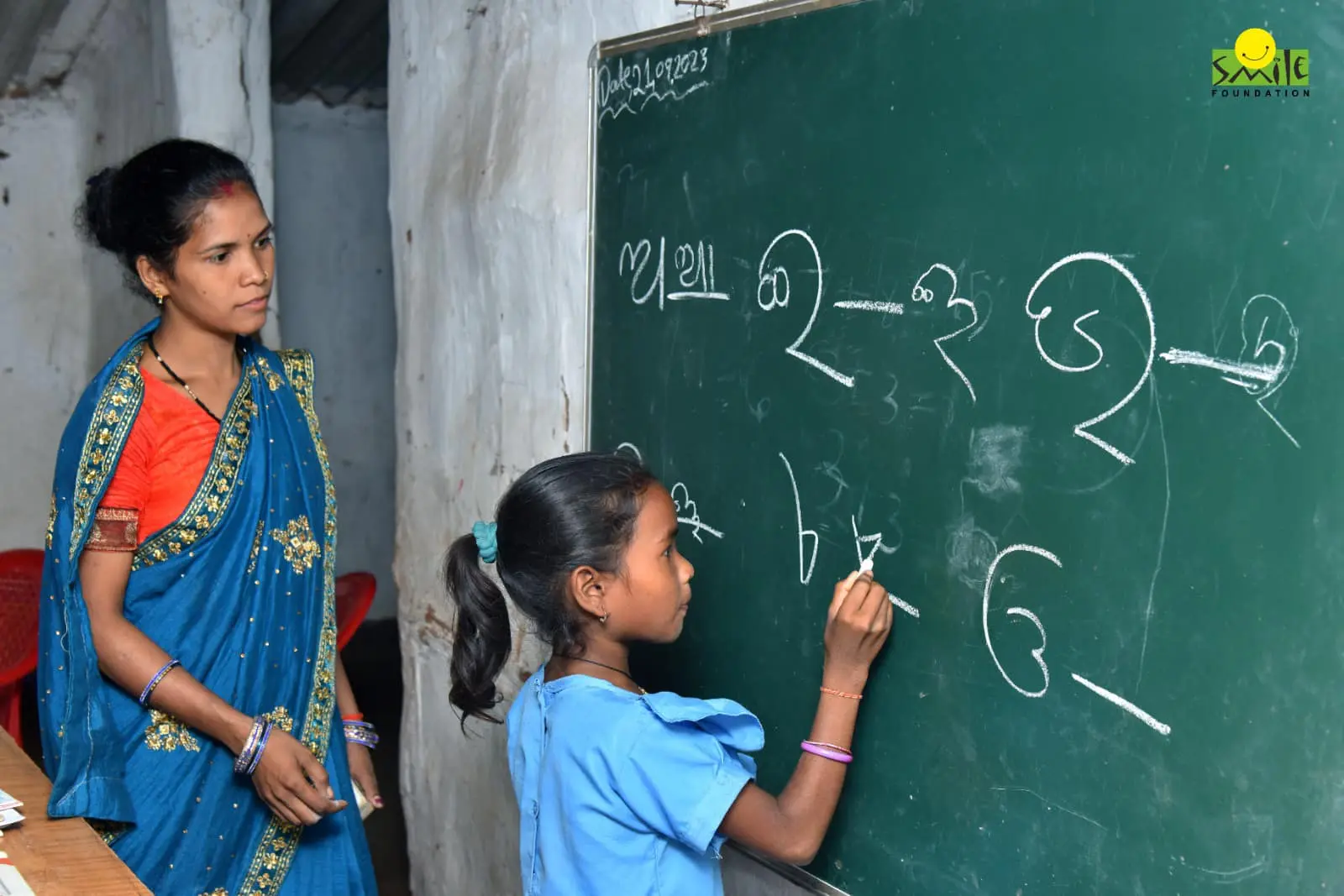Have you ever wondered what would become of us if the population continued to rise at a significant rate? Centuries ago, it was predicted that it would take hundreds of thousands of years for the world to reach 1 billion people. Refusing to stay true to the prediction, the global population has grown seven times that size in the last 200 years.
According to the United Nations, the global population is 8.2 billion in 2024, and it is expected to touch 10.3 billion by the mid-2080s. The UN’s recent report estimates India’s population to be 1.45 billion in 2024 and projects it to touch 1.69 billion in 2054. Recently, India has surpassed China and has become the most populous country in the world. The UN predicts India would be the world’s largest populous country throughout the century.
Meanwhile, the India Employment report 2024 says the country’s working population has gone up from 61% in 2011 to 64% in 2021. It also estimates the working population to touch 65% in 2036. The report was jointly produced by the International Labour Organization and the Institute for Human Development. The report also pointed out that the number of youths engaged in the workforce has declined to 37% in 2022. The centre for monitoring the Indian economy’s recent data shows that the unemployment rate increased from 7% in May 2024 to 9.2% in June 2024.
With the increasing population and growing unemployment rate in the country, it will become extremely difficult even for graduates to find jobs within the country. That’s why it becomes important to prepare youths for joining the global workforce. Both the government and various nonprofits have been working towards skilling the Indian youths in numerous ways. Some of them are as discussed below.
Government initiatives
Both the union and state governments have been launching various schemes to train and upskill youths to help them grab employment opportunities. Some of the notable government schemes are listed below.
- Skill India Mission
To bridge the gap between the unemployed youths and industrial requirements, the government had extensively launched a scheme called the Skill India Mission in 2015. Its vision is to promote multiple skill-related programmes among youths. The mission offers numerous offline and online courses like computer applications, e-commerce, graphic design, financial accounting and hardware technology. Their innovative training programmes, which are curated with the help of industrial experts, aim to build a society where skills would open doors to endless employment opportunities.
- Startup India scheme
The programme was implemented with the intention of assisting business owners and creating a strong startup environment in the country. Its aim is to change India from a nation of job seekers into a nation of job creators. It was launched in 2016. Through its financing programmes, such as the Startup India Seed Fund Scheme, the Credit Guarantee Scheme for Startups, and Startup India Investor Connect, the government has been creating business prospects and providing tax advantages to assist new businesses. Incubators and accelerators are set up all around the nation as part of the program to give companies access to networking opportunities, infrastructure, and mentorship—all of which are essential to their development. Many young entrepreneurs have been inspired to create scalable enterprises by it. There are 1.49 lakh accredited startups, and 3,947 startups have been funded till date. To promote creativity among the entrepreneurs, national startup awards have been given annually.
- Deendayal Antyodaya Yojana—National Rural Livelihoods Mission (DAY-NRLM)
It is the flagship programme of the Union Ministry of Rural Development. The aim of the programme is to ensure that economically backward households, mainly in rural areas, get either profitable self-employment or skilled-wage job opportunities for their sustainable livelihood. As a part of the scheme, beneficiaries would be provided skill development training and placement opportunities. Through innovations, the development of new infrastructure, market assistance and rural self-employment institutes, the programme also promotes self-employment. Under the scheme, Self Help Groups (SHGs) would be entitled to avail of subsidised loans. As per the NRLM website, 10.30 crore households were mobilised into SHGs till date, and 31.51 lakh SHGs have availed of loans worth Rs 73,648.18 crore during the financial year 2024-25. 34.28 lakh SHGs provided community investment funds for their businesses.
- Pradhan Mantri Kaushal Vikas Yojana 4.0 (youth training programme)
The programme aims to promote a survivable environment for youths to both acquire skills and choose a career path that is aligned with their aspirations and abilities. The scheme trains people aged between 15 and 59 years. The scheme has been functioning effectively since 2015. Under the scheme, 28.24 lakh youths have been registered in the current financial year. According to the Skill India Digital website, the scheme has 13,947 training centres in 735 districts, which train youths for 825 job roles in 37 sectors with the help of 6,601 training partners. About 19.12 lakh youths are trained, 10.75 lakh trainees are assessed, and 9.41 lakh trainees are certified this year. Training was provided to candidates in various sectors, including electronics, IT and ITeS, apparel, beauty and wellness and apparel, among others.
- Deendayal Antyodaya Yojana – National Urban Livelihoods Mission (DAY-NULM)
The scheme was launched in 2013 and is aimed at reducing poverty among urban households. To achieve their goal, the government enables successful self-employment and skilled-wage employment opportunities for backward households. This in turn will help them to improve their livelihood. The scheme also provides housing facilities to homeless living in urban areas. Under the scheme, access to suitable spaces, institutional credit, social security and skill development training would be provided to urban street vendors to help them access the emerging market opportunities. The scheme promotes community-based organisations and self-help groups among the urban poor to enhance their collective strength and participation in local governance. Also, affordable credit and financial assistance are provided to microenterprises as a part of the programme. The scheme has been implemented in 790 cities till date.
Smile Foundation’s contribution to employment opportunities
To bridge the gap between the industrial demands and skill sets of youths, Smile Foundation has been taking numerous steps. To understand the willingness of youth, we mobilise the community. It is only then that they enrol them in the training courses of their choice. Training lasts for about six months. Post-training, we provide them with hands-on training to prepare them for workplace challenges and career guidance. Our role just doesn’t end there. We try to go above and beyond to promote job placement and have partnerships with other companies and typically also offer post-placement help.
The organisation has over 800 career counselling and industry exposure sessions under its belt in addition to over 74 skilling centres. In order to generate job possibilities, we have also worked with more than 400 massive industrial businesses in industries including finance, insurance and healthcare. ICICI Lombard, BLK Super Specialty Hospital, HDFC Financial Services, HDFC Life, Venkateshwar Hospital, Fortis Hospital and Apollo Pharmacy are a few of our employers.
Meanwhile, we have also partnered with several industrial experts, including the Wadhwani Foundation, the NIIT Foundation and Tata Strive, to provide effective upskilling and vocational training. With the knowledge and resources that we have acquired from their partners, the foundation has constantly been upgrading its curriculum in core employability skills, banking, financial services and insurance (BFSI) and digital marketing. The foundation has ensured that the trained candidates get placed in various companies including Quess Corp., Better Place and TeamLease.



